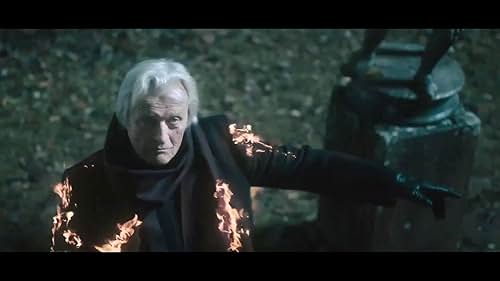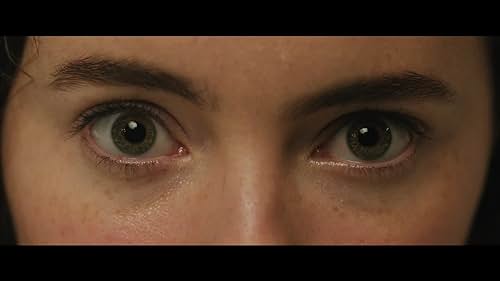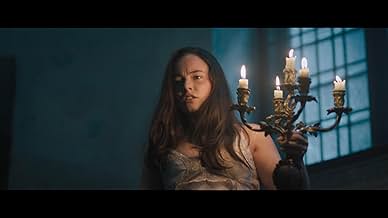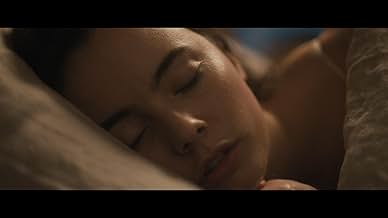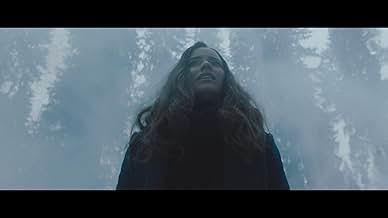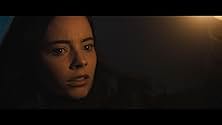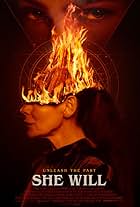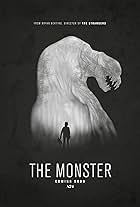"The Sonata" excels at creating a haunting and immersive atmosphere. The film's gothic setting, complete with a decaying mansion and eerie landscapes, effectively establishes a sense of dread and unease. The cinematography beautifully captures the dark and mysterious ambiance, drawing viewers into its chilling world.
The storyline, revolving around a young violinist who inherits a mansion and discovers her father's sinister compositions, is compelling. The integration of classical music with supernatural elements provides a fresh and intriguing twist on the horror genre. The mysterious sonata and its hidden messages keep the audience engaged and curious about the unfolding mystery.
Freya Tingley, who plays the protagonist, delivers a convincing and emotive performance. Her portrayal of the tormented musician navigating through grief, curiosity, and terror is compelling. Rutger Hauer's role, although limited, adds a significant presence and gravitas to the film, enhancing its overall impact.
The film suffers from uneven pacing, with moments that drag and others that feel rushed. The build-up to key plot revelations can be slow, testing the audience's patience. Conversely, some critical developments occur too abruptly, leaving viewers wishing for a more gradual and fleshed-out progression.
Despite its intriguing premise, some of the plot twists in "The Sonata" are predictable and lack the intended shock value. Horror enthusiasts might find certain elements cliché, as the film occasionally relies on familiar tropes and predictable scares, diminishing the overall tension.
While the lead characters receive adequate attention, several supporting characters are underdeveloped. The motivations and backstories of the characters are not fully explored, leaving the narrative lacking in depth that could have been added. This underdevelopment makes it harder for the audience to form a strong connection with or investment in these characters.

